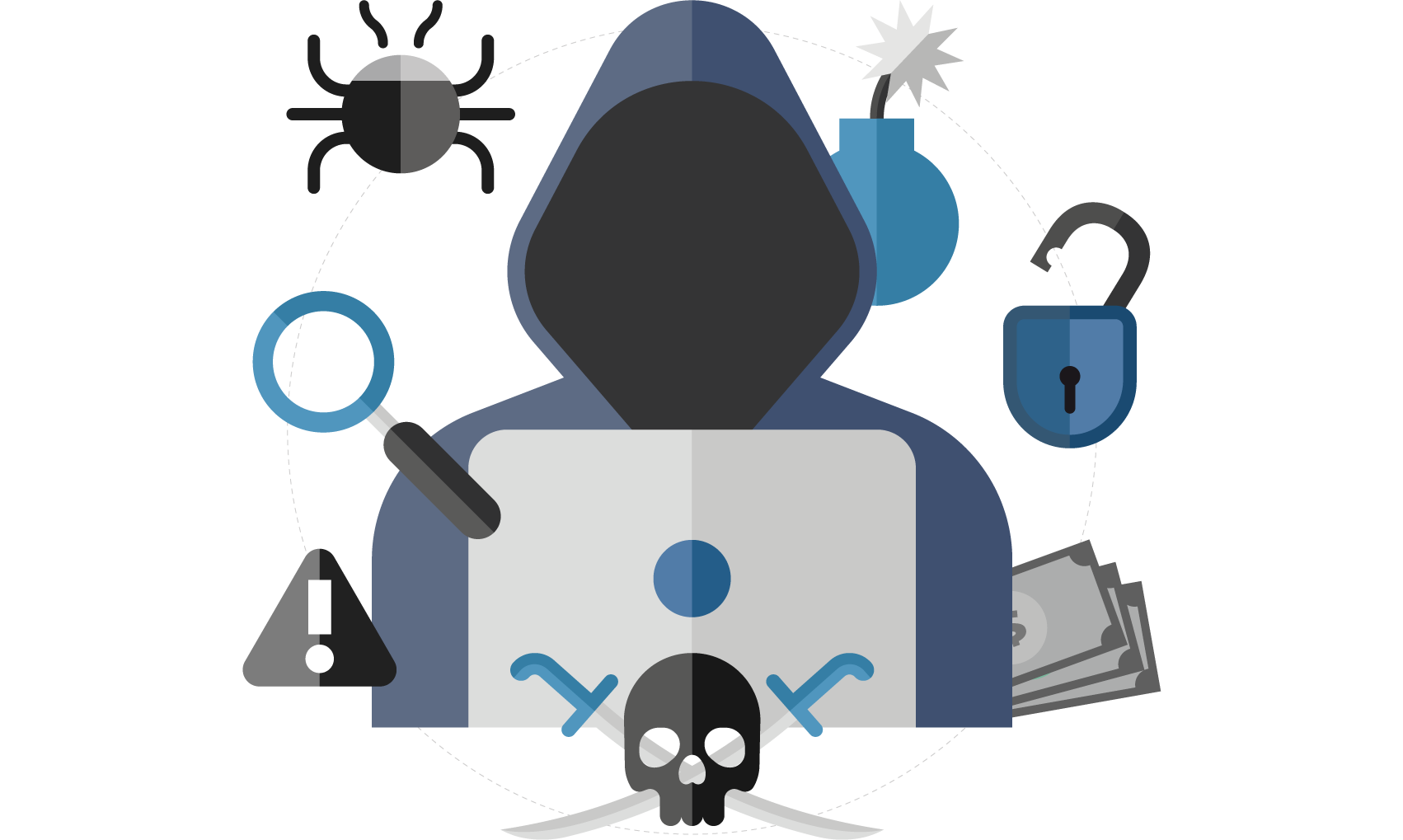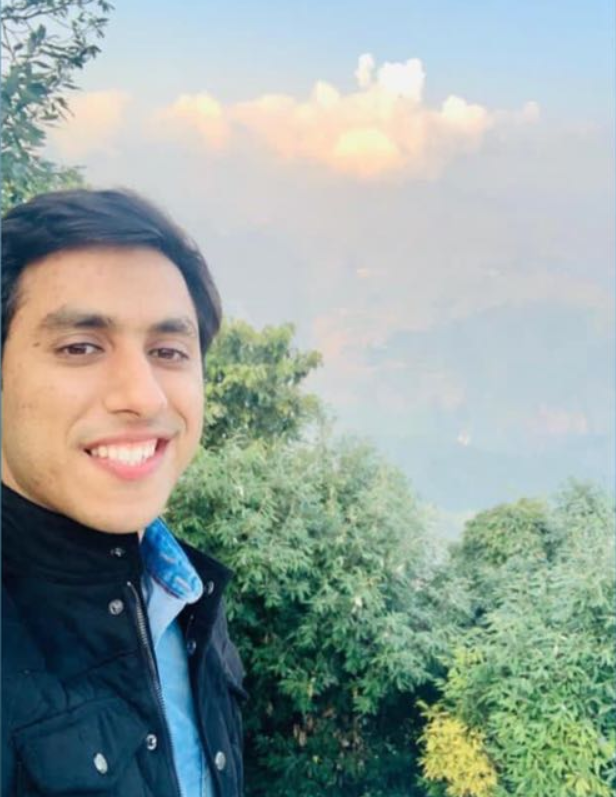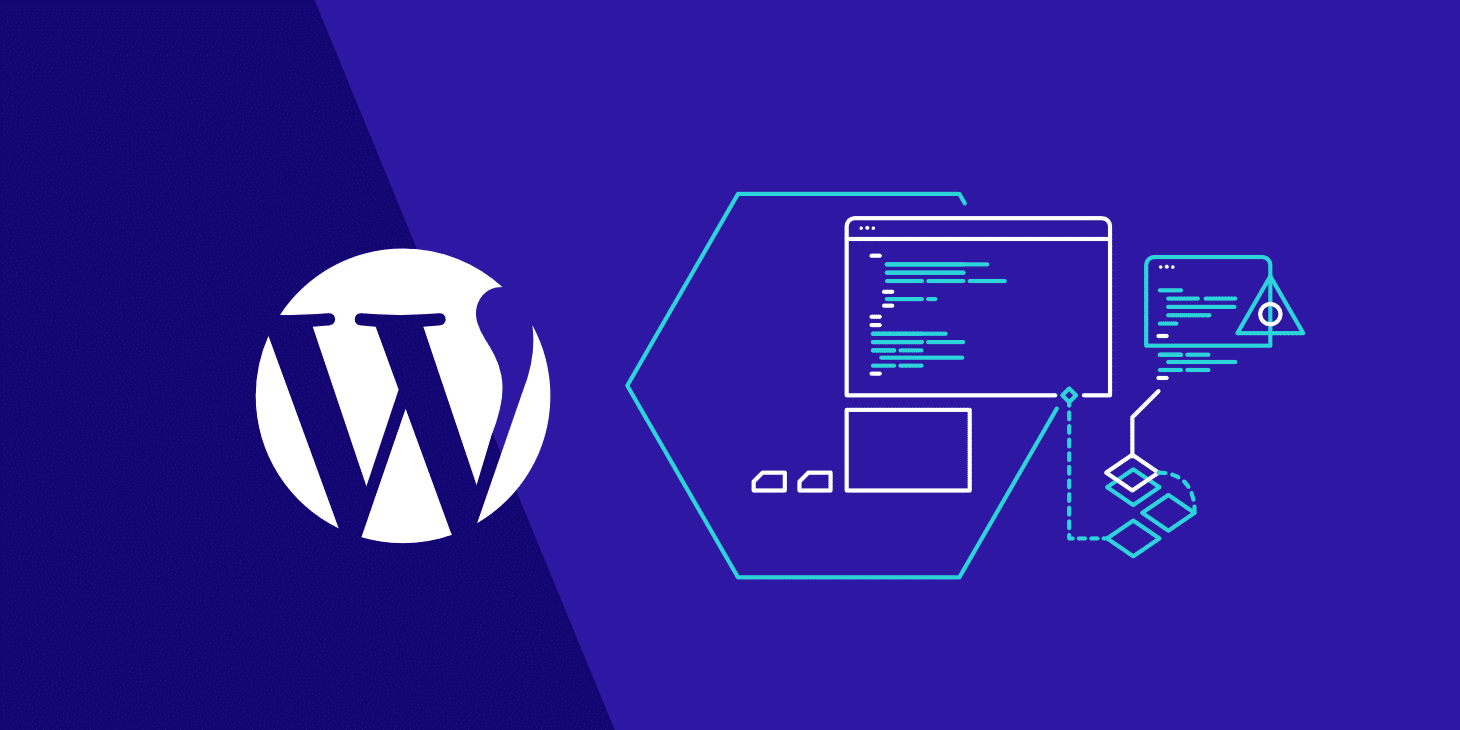
The Current Cybersecurity Challenges in India
Every year, the industry of cybersecurity in India faces new challenges and responsibilities to safeguard the growing online data and the digital economy. Did you know the digital economy currently comprises 14-15% of the total economy of India? While with more than 120 recognized ‘data centers’ and clouds in India, the digital economy is targeted to reach 20% by the year 2024!
Moreover, the incorporation of artificial intelligence (AI), machine learning (ML), Internet of Things (IoT), cloud computing and data analytics, has again become a huge challenge for the cyberspace as apart from becoming a more complex domain, it is giving rise to technical issues and the anticipated cyber risks.

However, with the development and introduction of advanced technologies in the market, India is yet to face and tackle new problems in the domain of cybersecurity. This disruptive innovation has brought India to crossroads with a complex network of modern enigmas and unprecedented harm.
Below mentioned are some of the major cybersecurity challenges that our nation is facing:
-
Email-based and internet-facing applications still remain to be among the top threat vectors.
-
With people depending more and more on the cloud infrastructure and solutions, human error continues to be the primary source of misconfigurations and vulnerabilities.
-
In the research analysis of 50,000 emails, a significant increase in the conversation hijacking attacks by 400% between July and November 2019 was experienced. Therefore, this still continues to be a major cyber risk.
-
Growing online transactions seems to have generated considerable incentives for cybercriminals.
-
Phishing and unethical cyber practices have grown a hundredfold in the past few years, making it easier for even non-technical perform hacking.
-
Cloud, 5G and IoT devices have evolved as among the biggest cybersecurity threats of 2020.
The New Cybersecurity Approach for 2020
Back in late 2019, India was at the target of two cyberattacks in the same month. Moreover, the malware attacks at the Indian Space Research Organization (ISRO) and Kudankulam Nuclear Power Plant were believed to have happened due to phishing attempts on employees. After experiencing these devastating cyber risks, India is all set to fill the security gaps with the new Cybersecurity Strategy 2020!
With the vision of creating a “cyber-secure nation” for businesses as well as individuals, the Indian government is ready to release the cybersecurity strategy policy in January 2020 with an aim to achieve the target of $5 trillion economy.
Meanwhile, on the other hand, the IT Secretary Ajay Prakash Sawhney has stated that our country holds an estimated amount of USD 1.9 billion in cybersecurity service enterprises and USD 450 million of cybersecurity products from India. Along with the presence of multinational and Indian entities, engaging in R&D cybersecurity, all in total currently amounts to USD 5 billion worth cybersecurity ecosystem in India. (source: The Economics Time)
The cybersecurity companies in India have come up with innovative and leading technology-based products and services to reduce the prevailing cyber threat postures in organizations across the nation. As a contribution to creating a “cyber-secure nation”, these companies are effortlessly providing the best defensive tools and VAPT services for all the industry vectors.

Our country is fully inclined towards the path of sustainable development but to achieve that, we have to combat various hurdles such as patching up of the existing vulnerabilities in the cyber world. And this can only happen with the proper formation of critical IT infrastructure and consistent partnership between the public and private sectors working as key aspects for a cybersecurity framework.

It is vital to be visionary and recognize the upcoming challenges from the future in order to be fully prepared and preventing our organizations from becoming another cyberattack’s victims. We don’t have to match the worldwide standards in security when we are capable enough of setting up the highest standards in the world!






